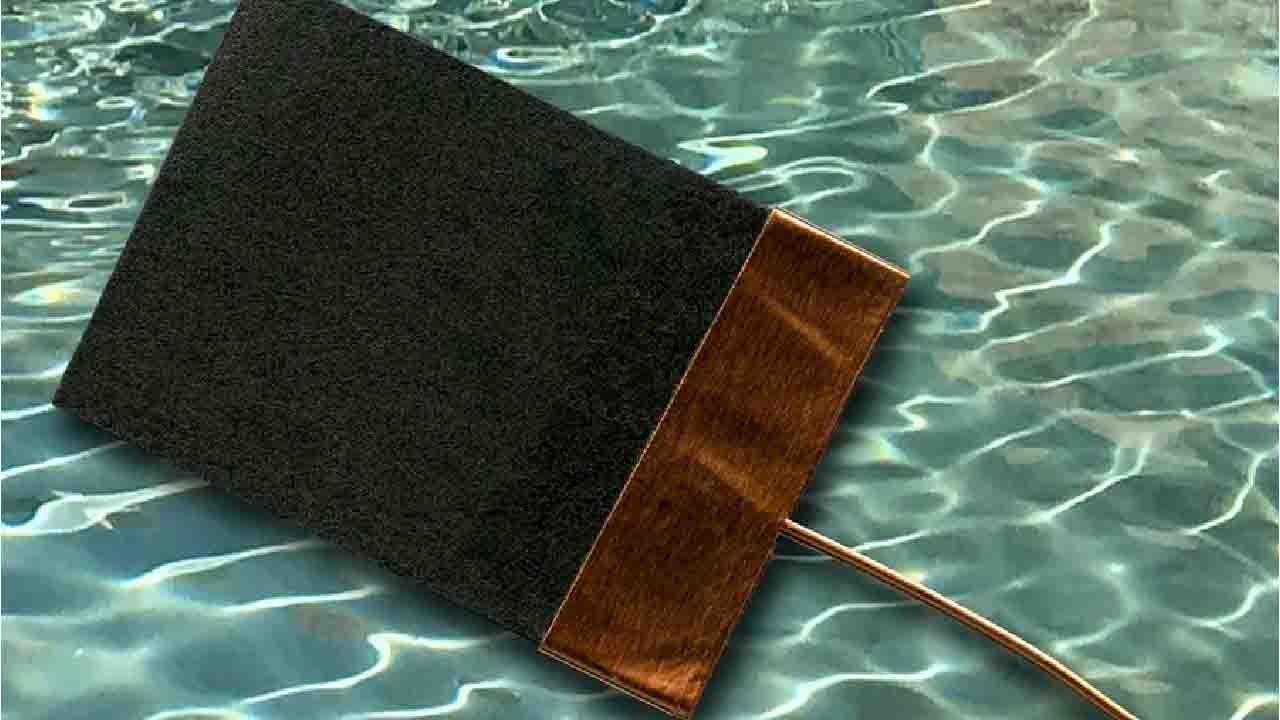A team of researchers at the Massachusetts Institute of Technology have developed a new method to generate clean water from seawater. The new method uses a process called reverse osmosis, which forces water through a semi-permeable membrane that allows water molecules to pass through but blocks salt and other impurities. The new method could help to provide clean water to people in areas that are struggling with water scarcity.
The new method is more efficient than traditional reverse osmosis methods, and it can produce clean water from seawater that is even saltier than seawater found in many parts of the world. The new method is also more cost-effective than traditional reverse osmosis methods, and it can be used to produce large quantities of clean water.
The new method was developed by a team of researchers led by Professor Evelyn Nelsen. The team’s research was published in the journal Nature.
“We have developed a new method to generate clean water from seawater that is more efficient, cost-effective, and scalable than traditional reverse osmosis methods,” said Professor Nelsen. “Our method could help to provide clean water to people in areas that are struggling with water scarcity.”
The new method works by using a semi-permeable membrane that allows water molecules to pass through but blocks salt and other impurities. The membrane is made of a material called a polymer, which is a long chain of molecules. The polymer is arranged in a way that creates tiny pores that are small enough to block salt and other impurities, but large enough to allow water molecules to pass through.
The water is forced through the membrane by a pressure difference. The pressure difference is created by pumping water from one side of the membrane to the other. The water that passes through the membrane is clean water.
The new method is more efficient than traditional reverse osmosis methods because it uses less energy to produce the same amount of clean water. The new method is also more cost-effective because it uses less expensive materials.
The new method is also more scalable than traditional reverse osmosis methods. This means that it can be used to produce large quantities of clean water.
The new method has the potential to provide clean water to people in areas that are struggling with water scarcity. The new method could be used to provide clean water to people in developing countries, and it could also be used to provide clean water to people in areas that have been affected by natural disasters.
The new method is still in the early stages of development, but the researchers are confident that it could be used to provide clean water to people in need.
The Future of Water Purification
The new method developed by the MIT researchers is a promising new development in the field of water purification. The method is more efficient, cost-effective, and scalable than traditional reverse osmosis methods, and it has the potential to provide clean water to people in areas that are struggling with water scarcity.
The development of the new method is a sign of progress in the fight against water scarcity. As the world’s population continues to grow, the demand for water will also increase. The new method could help to meet this demand by providing a more efficient and cost-effective way to purify water.
The new method is still in the early stages of development, but it has the potential to make a significant impact on the world’s water supply. The researchers are confident that the method can be scaled up to produce large quantities of clean water, and they are working to make the method more affordable.
The development of the new method is a hopeful sign for the future of water purification. The method has the potential to provide clean water to people in need, and it could help to alleviate the problem of water scarcity.








